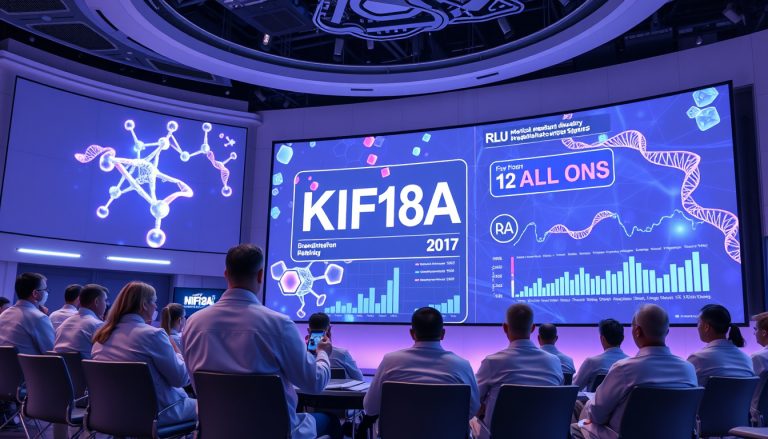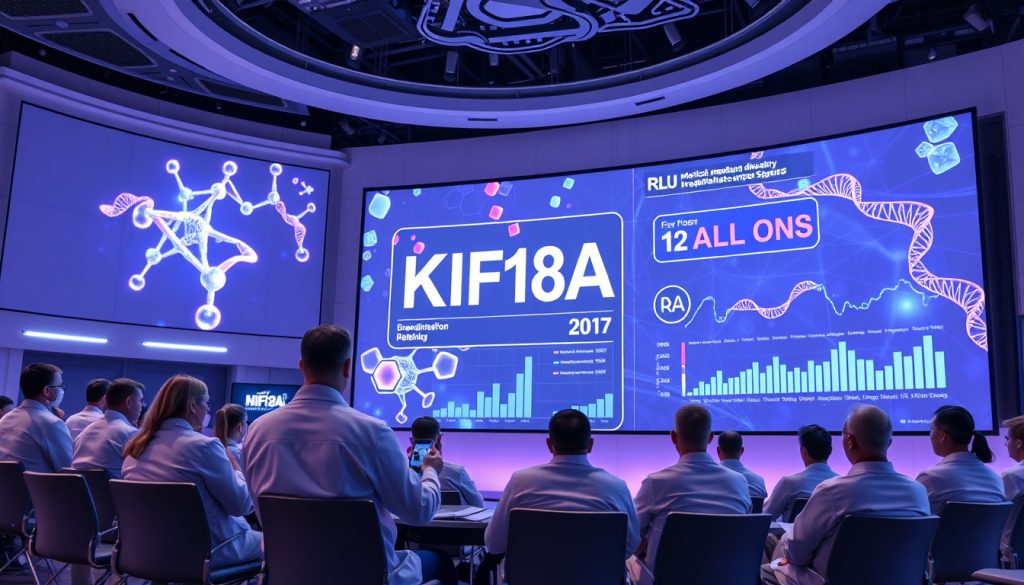On May 22, 2025, the FDA’s Advisory Committee delivered a significant endorsement, recommending that COVID-19 vaccine manufacturers focus their booster efforts on the JN.1 strain of the virus.
This unanimous decision came in the wake of the FDA’s introduction of a new vaccine approval framework, which aims to enhance the evaluation standards for vaccine efficacy and security.
The dialogue surrounding the FDA’s evolving criteria underscores the complexities of navigating public health safety measures alongside the demands of pandemic response.

Key Takeaways
- The FDA advisory committee unanimously endorsed JN.1 boosters, indicating strong alignment on vaccine strategy.
- New approval guidelines aim to enhance vaccine standards, particularly for young adults seeking booster shots.
- Ongoing discussions about vaccine formulations highlight the need for adaptability as coronavirus variants continue to emerge.
Overview of FDA Advisory Committee Recommendations
On May 22, 2025, the FDA’s advisory committee convened to discuss crucial updates regarding COVID-19 vaccine strategies, ultimately recommending that vaccine manufacturers continue to focus on the JN.1 coronavirus strain for their booster shots.
This collective decision, which saw unanimous support from all committee members, aligns with advice issued in the prior year under the Trump administration.
Importantly, while the FDA is not obligated to adopt the committee’s recommendations, historical precedent shows that it typically aligns with expert counsel, signaling a likely path forward in vaccine development.
The meeting was marked by deliberations on the FDA’s newly established vaccine approval framework that aims to raise standards for efficacy and safety.
This framework notably accepts immune data from older adults while enforcing stricter requirements for healthy younger adult populations, which now demand placebo-controlled trial data.
As the committee reviewed existing vaccine formulations, they weighed the potential risks posed by emerging variants, leaning heavily on insights from the World Health Organization (WHO) and the European Medicines Agency (EMA).
The WHO endorsed monovalent vaccines directed at either the JN.1 or KP.2 strains, though the EMA posited that a reformulated vaccine targeting the JN.1 subvariant LP.8.1 might offer a more effective solution.
Despite LP.8.1 being the predominant strain in the U.S.
at the time, some committee members contended that it would be prudent to maintain the current vaccine formulation through the summer months, all the while stressing the imperative for continuous monitoring as the virus mutates.
Major manufacturers including Pfizer, Moderna, and Novavax have demonstrated a readiness to fabricate booster shots aimed at the JN.1 strain, albeit with varying timelines, particularly highlighting Novavax’s production timelines as needing more attention.
Furthermore, the meeting navigated significant topics like vaccine accessibility and the necessity for labeling adjustments due to emerging data on potential heart-related side effects in young males.
This concern underscores the vital interplay between vaccine safety and public health trust.
Looking ahead, a follow-up meeting for CDC advisors is slated for the following month, where further discussions on booster recommendations are expected to take place, reinforcing the ongoing commitment to adaptive vaccine strategy in response to an evolving pandemic.
Implications of New Approval Guidelines for Vaccine Development
The implications of the FDA’s new approval guidelines could extend far beyond the current COVID-19 landscape.
By introducing stricter requirements for younger populations, the agency is signaling a shift towards a more rigorous safety and efficacy standard, a move that could influence vaccine development across various therapeutic areas within biotechnology.
Executives in the biotech sector should be particularly attuned to how these evolving standards might impact not only COVID-19 vaccines but also future vaccine candidates targeting different infectious diseases.
Moreover, companies may need to reassess their clinical trial designs and resource allocations to comply with these heightened expectations, while producers could face increased pressure to refine their manufacturing processes to accommodate rapid changes in vaccine formulation in response to emerging variants.
The emphasis on updated labeling and transparency in the context of potential adverse effects highlights the necessity for biotech firms to engage in robust post-marketing surveillance and risk communication strategies to maintain public trust and ensure broad vaccine acceptance.















